In an effort to further promote sustainable agricultural practices in Peru, PlantwisePlus is supporting technicians and farmers to strengthen their capacity to identify and apply biological control agents. This has reduced dependence on chemical pesticides and increased adoption of more sustainable pest management practices.
As such, PlantwisePlus recently conducted a biological control training session in Puno. By the end of the initiative, participants reported increased confidence in using biological control methods, creating a foundation for long-term improvements in crop health and productivity.
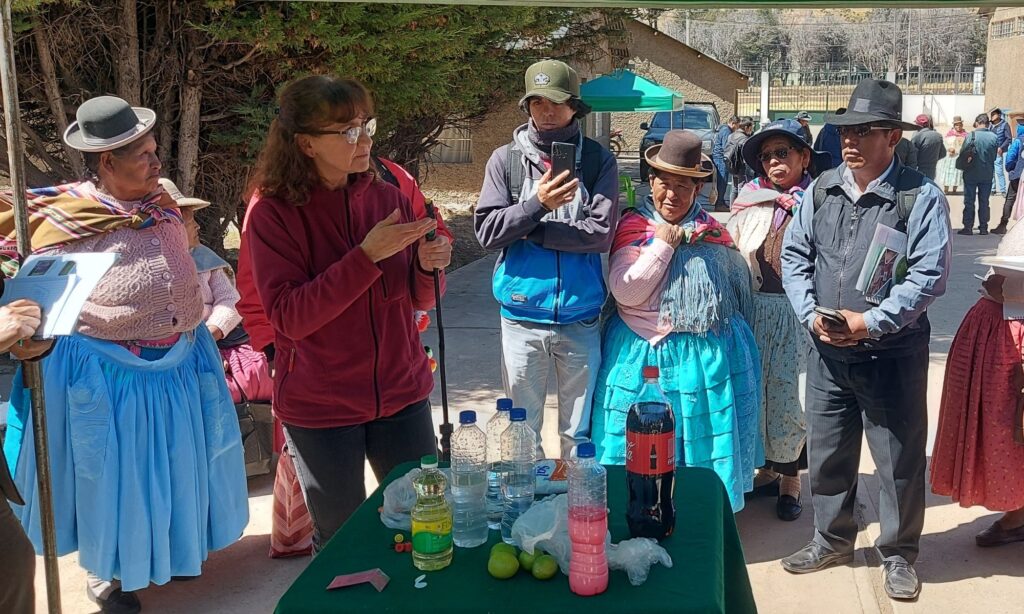
CABI implemented the three-day training. Attendees participated in both theoretical and practical sessions, learning how to identify and use biological controls.
Representatives from farmers’ associations, local government officials, and technical staff attended the event, seeking to learn more about the principles of biological control and its advantages. Engagement from a wide range of stakeholders ensures the dissemination of information to a greater audience. Additionally, attendance from local stakeholders enhances the likelihood of large-scale adoption of biological control in the region.
Biological control, also known as biocontrol, is a natural and sustainable approach to managing agricultural pests. It uses beneficial macroorganisms (parasitoids and predators) and microorganisms (entomopathogens) to manage pest populations. In Puno’s unique agricultural environment, including biological control as part of an Integrated Pest Management (IPM) strategy is proving to be a viable pathway for reducing pesticide use while maintaining yields and protecting farmer health.
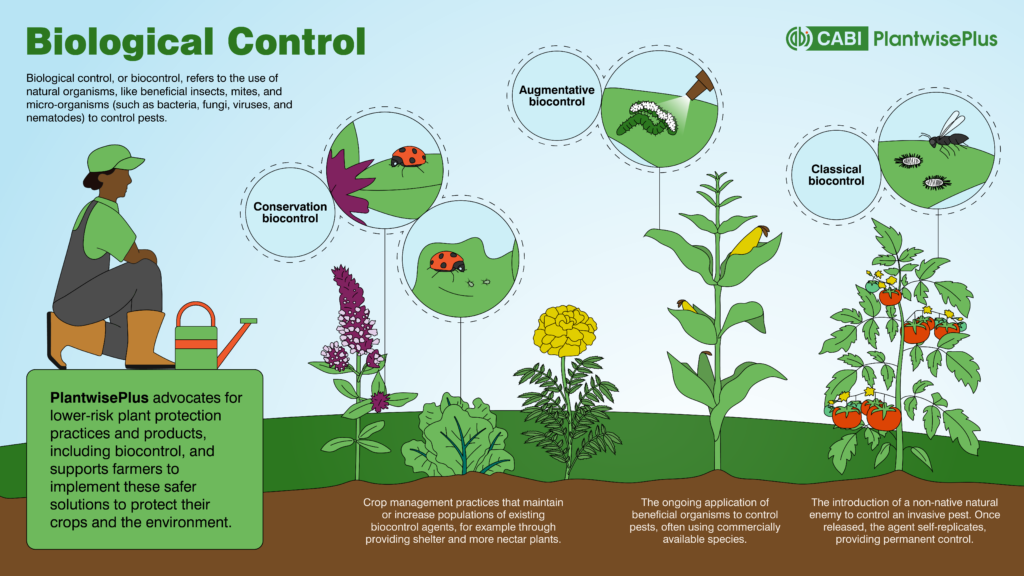
The role of biological control in Puno’s agriculture
The uptake of biological control is important for sustainable agriculture. In the Andean region, this is particularly important, as farmer communities rely on staple crops for food security and economic stability. Moreover, climate change is intensifying pressure from pests and diseases, leading to the overuse and misuse of chemical pesticides. Increasing temperatures, unreliable rainfall patterns, and climate shocks are creating conditions that increase the likelihood of pest outbreaks. By adopting biological control, farmers can tackle challenges while limiting the negative impacts on the environment and human health.
“Supporting farmers with effective biological solutions is vital in this region,” noted Dr. Yelitza Colmenarez, Regional Coordinator of PlantwisePlus in Latin America and the Caribbean. “We want to ensure that the agricultural practices not only produce food but also protect future generations.”
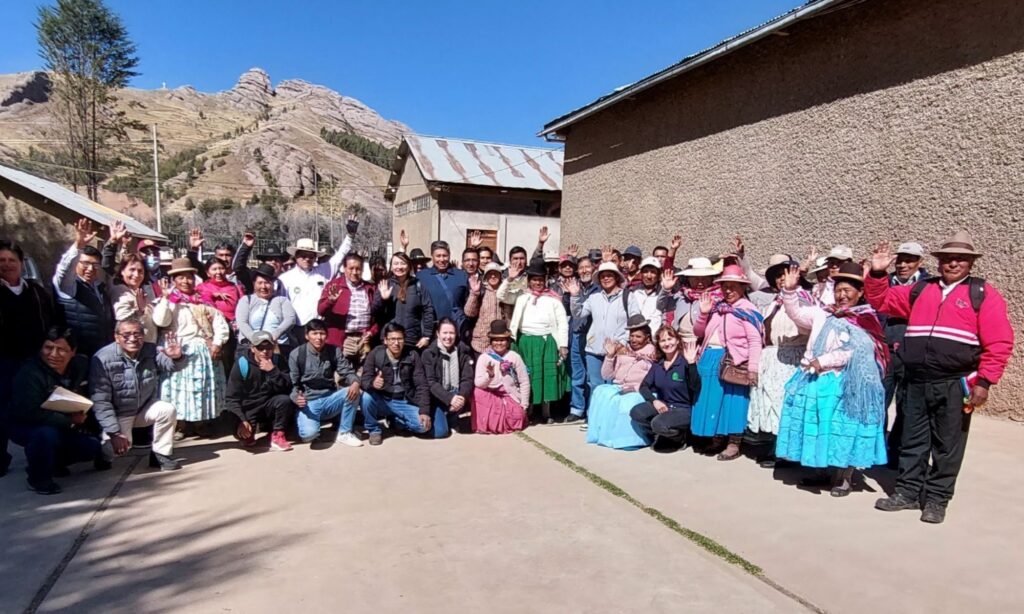
Theoretical and hands-on training
Through initiatives such as this training, PlantwisePlus aims not only to share knowledge but also to equip farmers and farmer advisors with practical skills that they can apply in their communities. This supports farmers to move away from chemical pesticides to less harmful, more sustainable farming methods.
Among the most significant outcomes of the training in Puno were
- Increased awareness among technicians and farmers of the economic and environmental benefits of biological controls.
- Hands-on training on how to prepare and apply biopesticides, reducing the risk of misuse and increasing effectiveness
- Improved practices in equipment use and maintenance, ensuring proper and efficient application in the field.
“The practical part of the training was very useful,” said Miguel Mayco, an extension officer from INIA. “Now I feel confident that I can guide farmers in my region on how to prepare and apply biocontrol products correctly.”
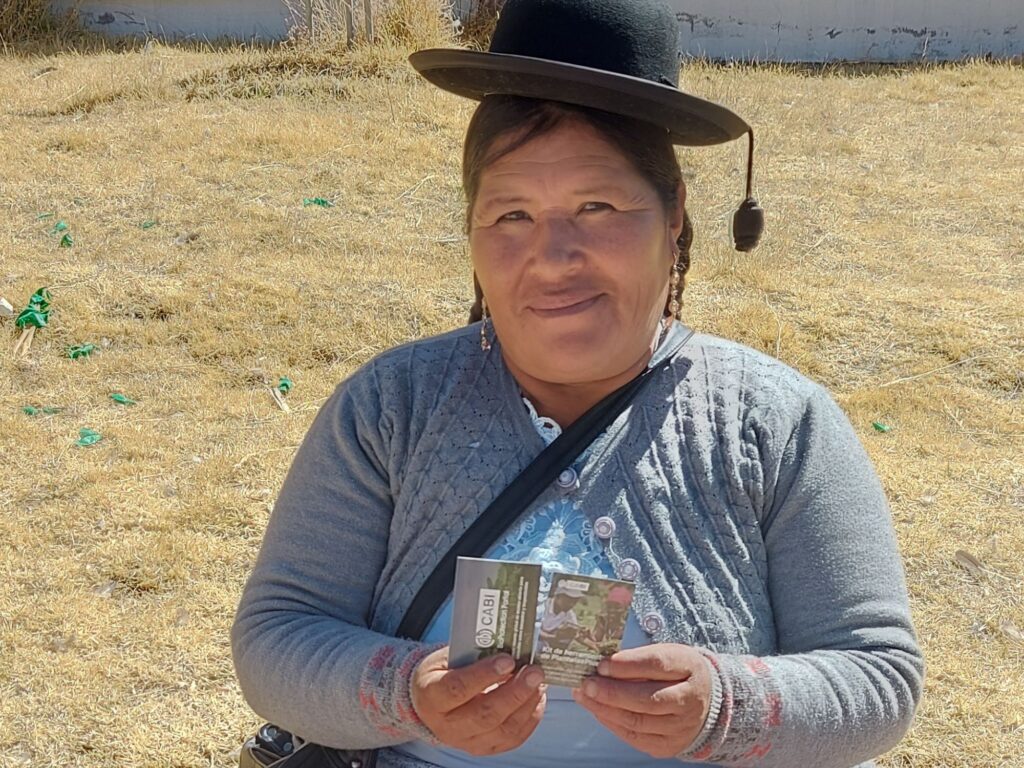
PlantwisePlus digital tools supporting use of biological control
The team also introduced the PlantwisePlus digital tools to the trainees, particularly the CABI BioProtection Portal. With Peru part of the global platform, farmers and extension workers can now directly access up-to-date information on registered biocontrol products. This helps farmers to adopt less harmful and more sustainable pest management practices.
The CABI BioProtection Portal and other PlantwisePlus tools ensure that sustainable pest management knowledge is not only available during training but also continues to support decision-making long after.
Further reading
PlantwisePlus gratefully acknowledges the financial support of the Directorate-General for International Cooperation (DGIS), Netherlands; European Commission Directorate General for International Partnerships (INTPA, EU); the Foreign, Commonwealth & Development Office (FCDO), United Kingdom; and the Swiss Agency for Development and Cooperation (SDC).
1 Comment
Leave a Reply
Related News & Blogs
5 ways digital agriculture tools are transforming pest management
Finding accurate, locally contextualised information at the right time is essential for tackling crop pests. Digital agriculture tools are helping farmers and those who advise them by putting expert knowledge directly in their hands. 1. Early pest diag…
12 February 2026

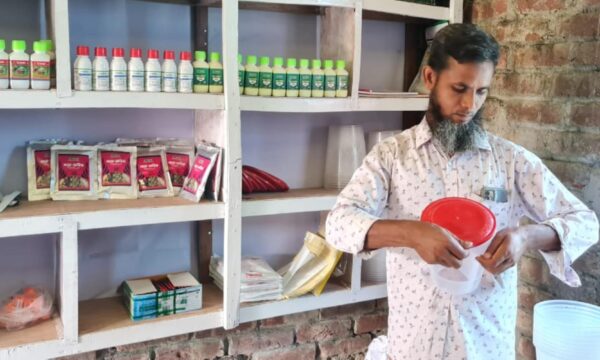
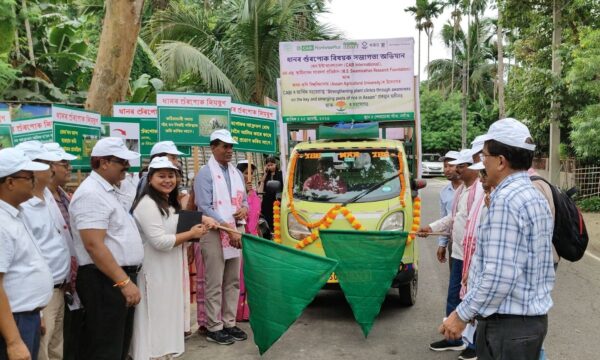
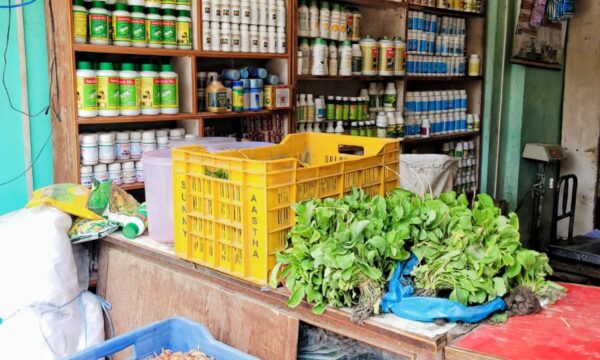
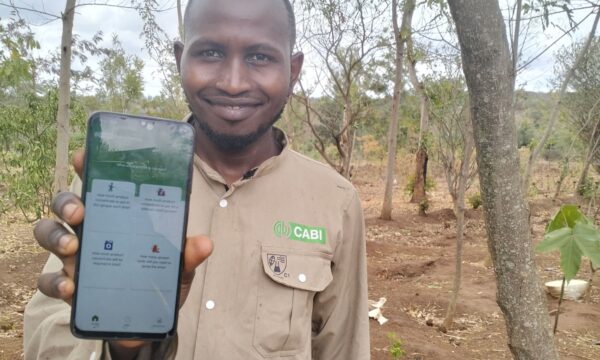
Particularmente me siento muy agradecida por la promoción del Control Biológico dentro del marco del MIP, en la Región Puno por PlantwisePlus, la Región Ayacucho también requiere el apoyo técnico – científico para el fortalecimiento de capacidades a técnicos y agricultores con la finalidad de difundir, incentivar, identificar y aplicar agentes de control biológico.